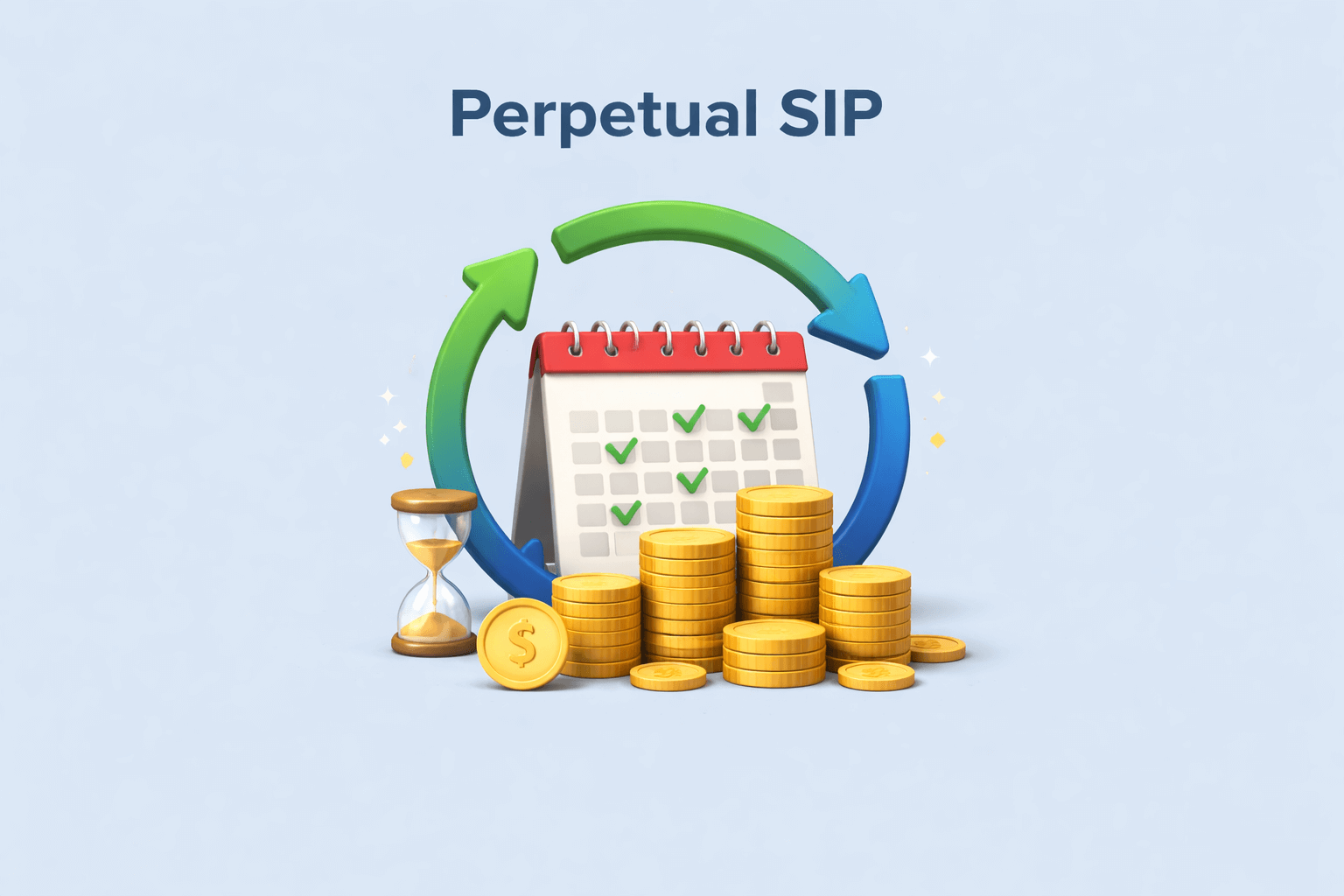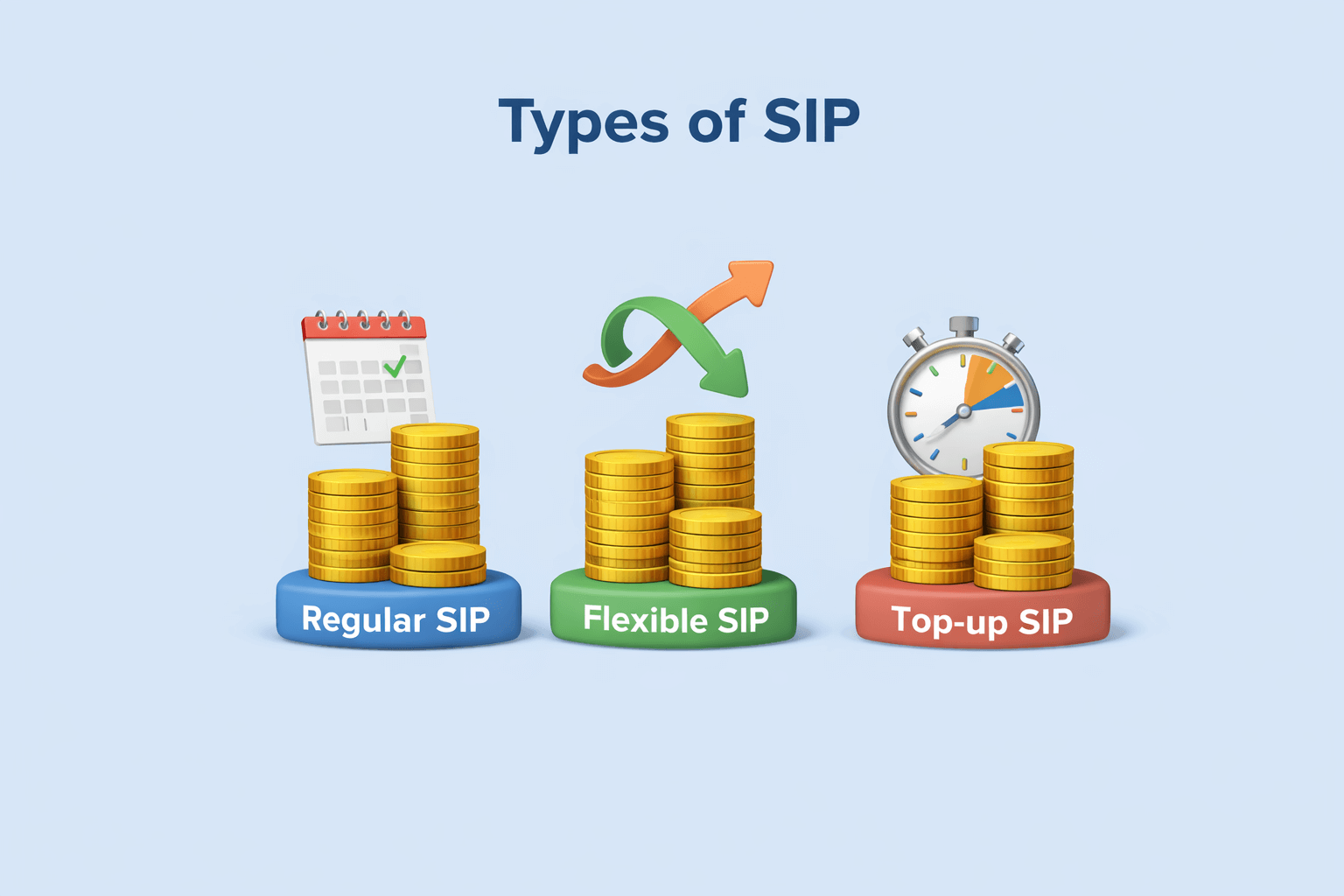- Home
- Blog
- Demat Account
- Types of Derivatives
- Types of Derivatives
Types of Derivatives

- Published Date: May 20, 2022
- Updated Date: October 14, 2025
- By Team Choice
Stock market investments can be quite interesting especially, when you invest in derivatives. The opportunity to buy stocks or other assets at a lower price than the prevailing market price can be enthralling, isn’t it?
With derivative contracts, you can do that. You can predict the direction of the price movement for the underlying asset of the derivative contract, which can help you buy it at a lower price or sell it at a higher price compared to the current market price. There is also the possibility of unlimited returns.
There Are 4 Main Types of Derivatives
- Forward Contracts
- Futures Contracts
- Options
- Call option
- Put Option
- Swap Contracts
We will understand all about them in detail with examples further but before let us quickly go through the concept of derivatives.
Open a FREE Demat Account in 5 Mins.
- Free AMC for First Year
- Low DP Charges (₹ 10)
- No Auto Square Off Charges
- Free Research Calls
Types of Derivatives
There are different types of derivatives. To be precise, there are 4 types of derivatives contracts which are as follows –
Forward Contracts
Forward contracts are customized contracts where two parties, like in the above example, meet and make a contract to trade an underlying asset as per their assumptions of the price movement. In these contracts, there is a strike price, which is the price at which the parties will trade the asset.
The strike price is determined when the contract is drawn between the parties. There is an expiry date mentioned in the contract to which both the parties have to oblige. These are over-the-counter contracts that are not regulated, and thus have huge risk factors revolving around them. These derivative contracts give you the right as well as the obligation to buy or sell the underlying asset at the expiry of the contract.
Example of a Forward Contract
Mr. X and Mr. Y entered into a contract where the underlying asset is wheat. Mr. X thinks the price of wheat will go up, and Mr. Y thinks otherwise. So, they determined the strike price to be Rs. 50 per kilogram.
The expiry of the contract is after three months. On expiry, the price of wheat rose to Rs. 65 per kg. So, now Mr. Y has to buy wheat at Rs. 65 from the market and sell it to Mr. X at the predetermined price of Rs. 50. So, here Mr. X makes a profit of Rs. 15 per kg while Mr. Y loses the same.
Futures Contracts
Future contracts are the same as forwarding contracts, which are only standardized instead of being customized. These contracts also have a strike price at which the buyer and the seller will trade the underlying asset on the expiry date of the contract. These contracts are traded on stock exchanges.
Example of a Future Contract
Stock B trading at Rs. 100, which is also the strike price here. Mr. X thinks that the price will go up while Mr. Y predicts the price will go down. In the exchange, Mr. X placed an order to buy a futures contract, and Mr. Y’s order matched the same. Now on the date of expiry, the price of stock B decreased to Rs. 75. Now, Mr. X has to buy the stock at Rs. 100 and Mr. Y can easily buy the stock from the stock market at Rs. 75 and sell it for Rs. 100 to Mr. X, making a profit of Rs. 25 for each share.
Options
Options are derivative contracts where the buyer of the options gets the right and not the obligation to buy or sell the underlying asset at a predetermined price on a specified date mentioned in the contract. For buying these contracts, the buyers have to pay a premium to the seller of the contract. There are two types of options.
Call option: This gives the buyer the right to buy the underlying asset at the strike price on the predetermined date (expiry). The buyer of the call option can execute the contract if the price goes up of the underlying asset, and if the price goes down, they can leave the contract without taking any action; there will be no loss except the amount of premium paid.
Let’s clear your concept of call option with the help of the following example.
Example of a Call Option
Stock A is trading at Rs. 200. You think the price will go up. So, you purchased a call option with a strike price of Rs. 200, and the lot size is 100.
Now at the expiry, the price went up to Rs. 275. The premium you paid to buy the call option was Rs. 2 per share so, Rs. 2*100 = Rs. 200.
Total value of the lot at expiry = Rs. 275*100 = Rs. 27500
Value of the contracts at Strike price = Rs. 200*100 = Rs. 20000
Gross Profit = Rs. 7500
Net profit = Rs. 7500-200 = Rs. 7300
Now, if the price would have dropped, then your loss would have been limited to Rs. 200, which is the premium amount you paid.
Put Option: This contract gives the buyer the right to sell the underlying asset at a predetermined price on the specified date. Let’s understand the put option with the help of an example.
Example of Put option
Taking a cue from the previous example, everything remains the same except, instead of buying a call option, you purchase the put option as you thought the price will go down. The price went down to Rs. 175 at the end of the contract.
So, total value of the contract at market price = Rs. 175*100 = Rs. 17500
Value of contract at strike price = Rs. 200*100 = Rs. 20000
Gross Profit = Rs. 2500
Net profit = Rs. 2500-200 = Rs. 2300.
The price went down. So, you can sell the shares at Rs. 200 as per the contract buying them from the market at Rs. 175.
Swap Contracts
These are the most complicated derivatives where traders bet on currencies and interest rates and exchange cash flow. Suppose, you think the USD – INR value will go up tomorrow while another party predicts it will go down. So, you both enter into a contract. At the expiry of the contract the cash will be exchanged based on the final price of the USD- INR.
Benefits of Investing in Derivatives
If you are wondering about what makes derivatives trading in India so popular, then here are some of the benefits of derivatives –
- Firstly, derivatives help in reducing the risk of investment. You can buy shares and options with the underlying of the same shares to mitigate the risk involved.
- Derivatives are best for hedging against the downside risk of investments.
- You can diversify your investments and explore different markets even if you have a nominal capital.
Participants of Derivatives Market
The key participants of Derivative Market include –
- Hedgers use derivative contracts to hedge risk in the stock market.
- Speculators try to guess the direction of a stock’s price movement and accordingly invest.
- Margin traders also use derivatives to perform margin trading with leverage.
Conclusion
While there are different types of derivative contracts, all these contracts derive their value from the underlying assets. So, whenever you invest in any of these, make sure to understand the underlying asset and then look at how the contract works.
Recommended for you

Perpetual SIP: Meaning, Features & Benefits

Types of SIP: A Complete Guide For Indian Investors

Stock Market Books To Read In 2026
